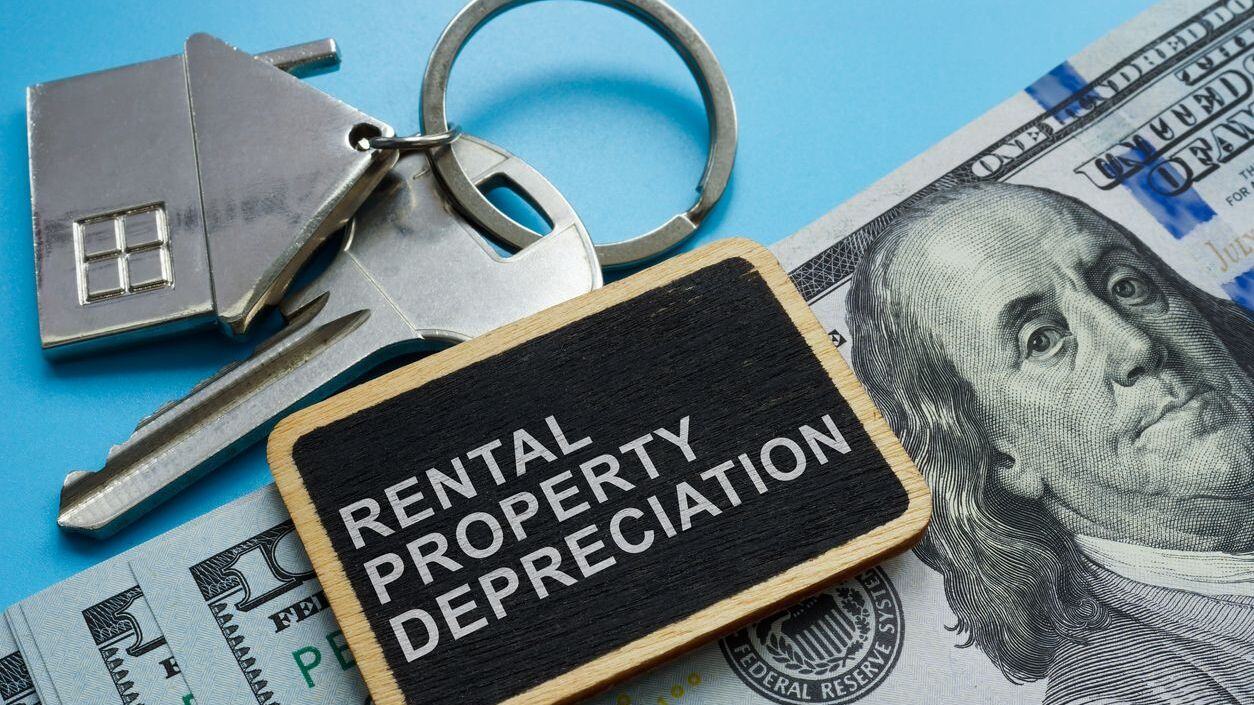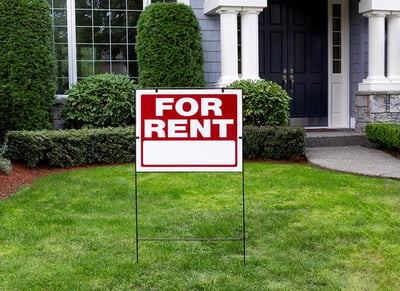The Realized Team’s Picks
How is Rental Income Taxed When You Have a Mortgage?

Owning rental property has positive benefits. One of those benefits could be potential cash flow from tenant payments. However, most incomes are subject to some kind of tax, and rental income is no different. But if you took out a mortgage to buy or refinance your rental property, how is your rental income taxed?
Using a 1031 Exchange For a Lower-Priced Property: What You Need to Consider

We’ve written many blogs about 1031 exchanges. And the one point we continue to stress in these blogs is that the IRS has specific rules if you want to potentially defer capital gains and depreciation recapture taxes through a like-kind exchange.
Can You Do A 1031 Exchange On Vacant Land?

Vacant land is a real estate asset eligible for a 1031 exchange transaction. However, 1031 exchanges can be tricky to execute, and a deal involving vacant land has a few extra pitfalls to watch out for.
What Closing Costs Are Tax Deductible When Selling Rental Property?

Investors who sell investment real estate can deduct many of their settlement and closing costs, and these deductions can have significant tax implications.
Delaware Statutory Trust (DST): Advantages & Disadvantages To Consider

For those who are interested in leveraging the 1031 exchange, joining a Delaware Statutory Trust (DST) is one popular approach you can take. This investment vehicle offers various advantages that make it easier for you to enjoy the tax exemptions of a 1031 exchange. Of course, disadvantages of DSTs exist. Understanding these risks and challenges is critical to help you make more informed investment decisions.
Do I Have To Pay Capital Gains Tax If I Sell My House and Buy Another?

Selling your home and buying a new one is a significant financial decision for several reasons. For one thing, your home’s sale and your purchase of a new one represent sizable investments on your part. The second and more pressing reason is that this transaction may come with tax implications.
Can a Trust Deduct Property Taxes?

For some, trusts seem to take on a powerful aura. They believe that by setting up a trust, they'll avoid probate, protect their assets, and save on taxes. You might be disappointed to know that it doesn't work quite like that.
Is Disability Retirement Income Taxable?

We’ve written a lot about retirement income and Social Security benefits upon retirement. We’ve also discussed taxes levied on withdrawals from retirement plans, annuities, and pensions.
Rental Property Depreciation: What It Is & How to Calculate It

Rental property depreciation can be one of the most powerful tools for landlords and property owners for minimizing tax liabilities and managing the financing of an acquired rental property. Depreciation allows property owners to deduct the cost of the property over time. This can significantly reduce taxable income.
Can You Claim a Section 179 Deduction on Rental Property?

Internal Revenue Code Section 179 allows business owners to use a tax deduction for certain depreciable purchases that they would otherwise capitalize on. This IRC provision enables the business owner to take the entire deduction in the year they purchased the items. This is instead of depreciating the cost over the long term. The provision applies to specific assets such as equipment, vehicles, and software. It is intended to encourage small businesses to expand their operations by purchasing new equipment.


